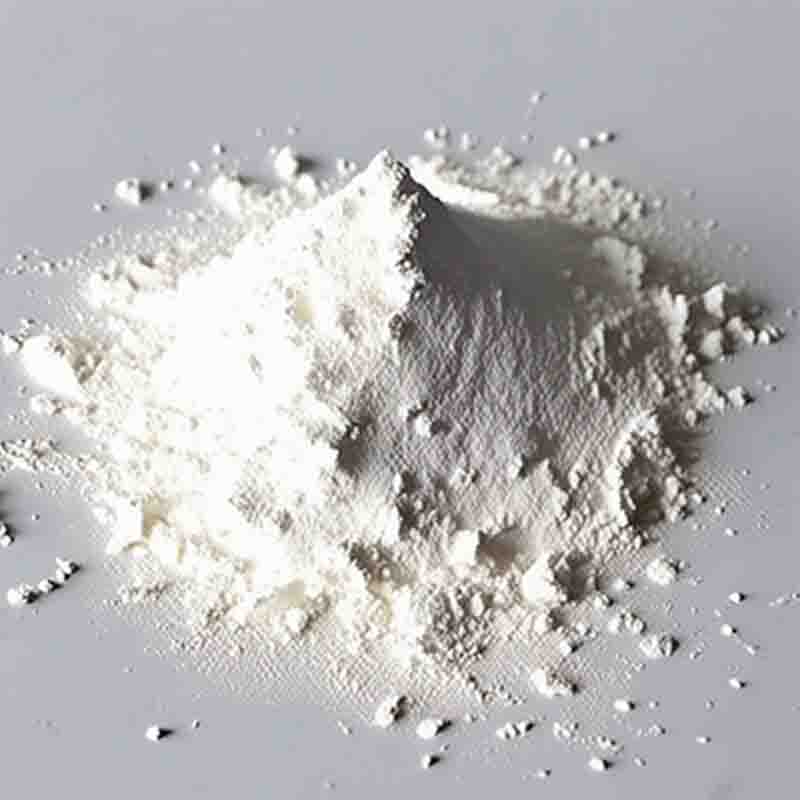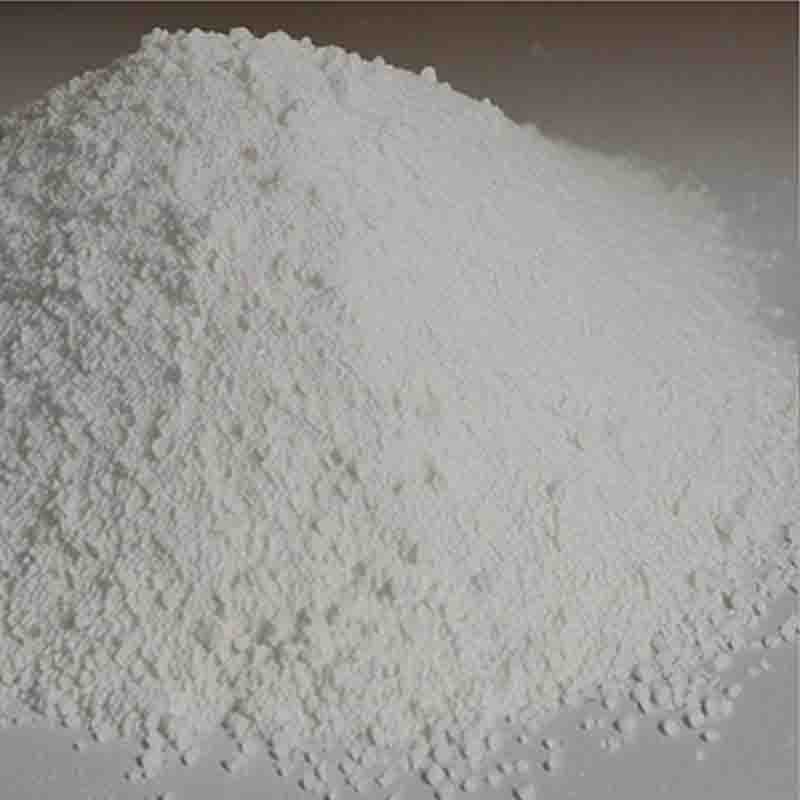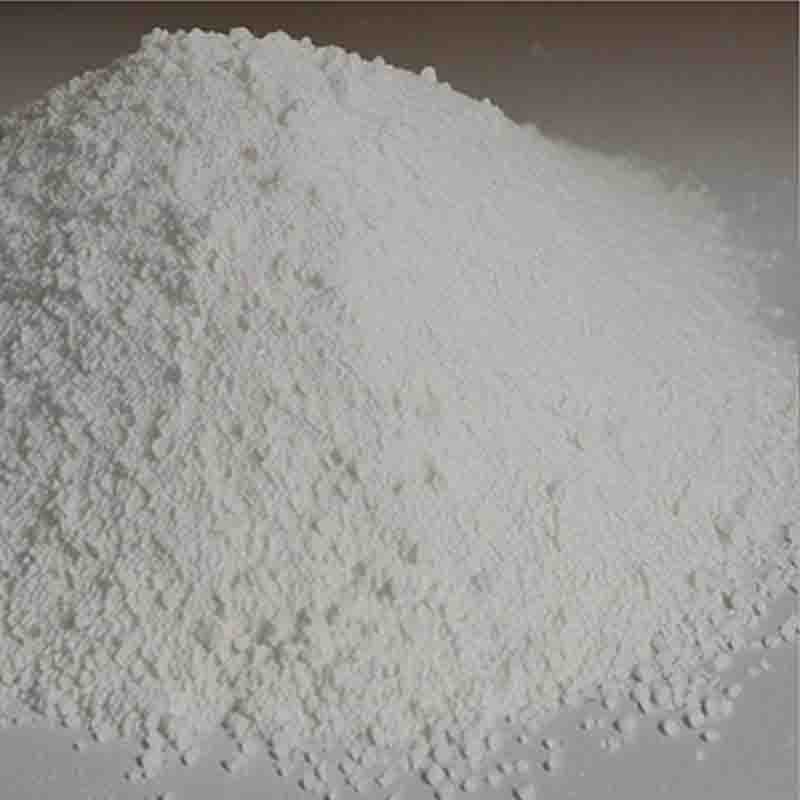Fluorchinolonsure CAS: 86393-33-1
| Catalog Number | XD94253 |
| Product Name | Fluorchinolonsure |
| CAS | 86393-33-1 |
| Molecular Formula | C13H9ClFNO3 |
| Molecular Weight | 281.67 |
| Storage Details | Ambient |
Product Specification
| Appearance | White powder |
| Assay | 99% min |
Fluoroquinolone (FQ) is a type of antibiotic that belongs to the quinolone class of drugs. It is commonly used to treat a variety of bacterial infections in humans. Fluoroquinolones work by inhibiting the activity of enzymes called DNA gyrase and topoisomerase IV, which are essential for the replication and repair of bacterial DNA.One of the primary uses of fluoroquinolone is in the treatment of urinary tract infections (UTIs). UTIs are commonly caused by bacteria such as Escherichia coli, and fluoroquinolones are effective in targeting these pathogens. They can help alleviate symptoms such as urinary frequency, pain, and burning, and also prevent the spread of the infection to the kidneys.Fluoroquinolones are also frequently prescribed for respiratory tract infections, including pneumonia and bronchitis. They are particularly effective against atypical pathogens such as Mycoplasma pneumoniae and Legionella pneumophila. FQs can penetrate lung tissues effectively, making them suitable for treating lower respiratory tract infections.In addition to these infections, fluoroquinolones can be used to treat skin and soft tissue infections, including cellulitis, abscesses, and wound infections. They are effective against a broad range of bacteria, including both gram-positive and gram-negative organisms.Fluoroquinolones have also been used in the treatment of sexually transmitted infections, such as gonorrhea. However, due to increasing resistance, alternative antibiotics are now recommended as the first-line treatment for this particular infection.It is important to note that fluoroquinolones should be used judiciously and in accordance with healthcare provider prescriptions. The overuse or misuse of these antibiotics can lead to the development of antibiotic resistance. Fluoroquinolones are generally well-tolerated, but they can have certain side effects, including gastrointestinal discomfort, photosensitivity reactions, and in rare cases, tendonitis or tendon rupture. As a result, they should be used cautiously in individuals with a history of tendon disorders.In summary, fluoroquinolones are a class of antibiotics widely used for the treatment of various bacterial infections. Their effectiveness against a broad range of pathogens and their ability to reach target tissues make them suitable for treating urinary tract infections, respiratory tract infections, skin and soft tissue infections, and certain sexually transmitted infections. However, careful use and adherence to healthcare provider guidelines are essential to prevent antibiotic resistance and minimize potential side effects.









